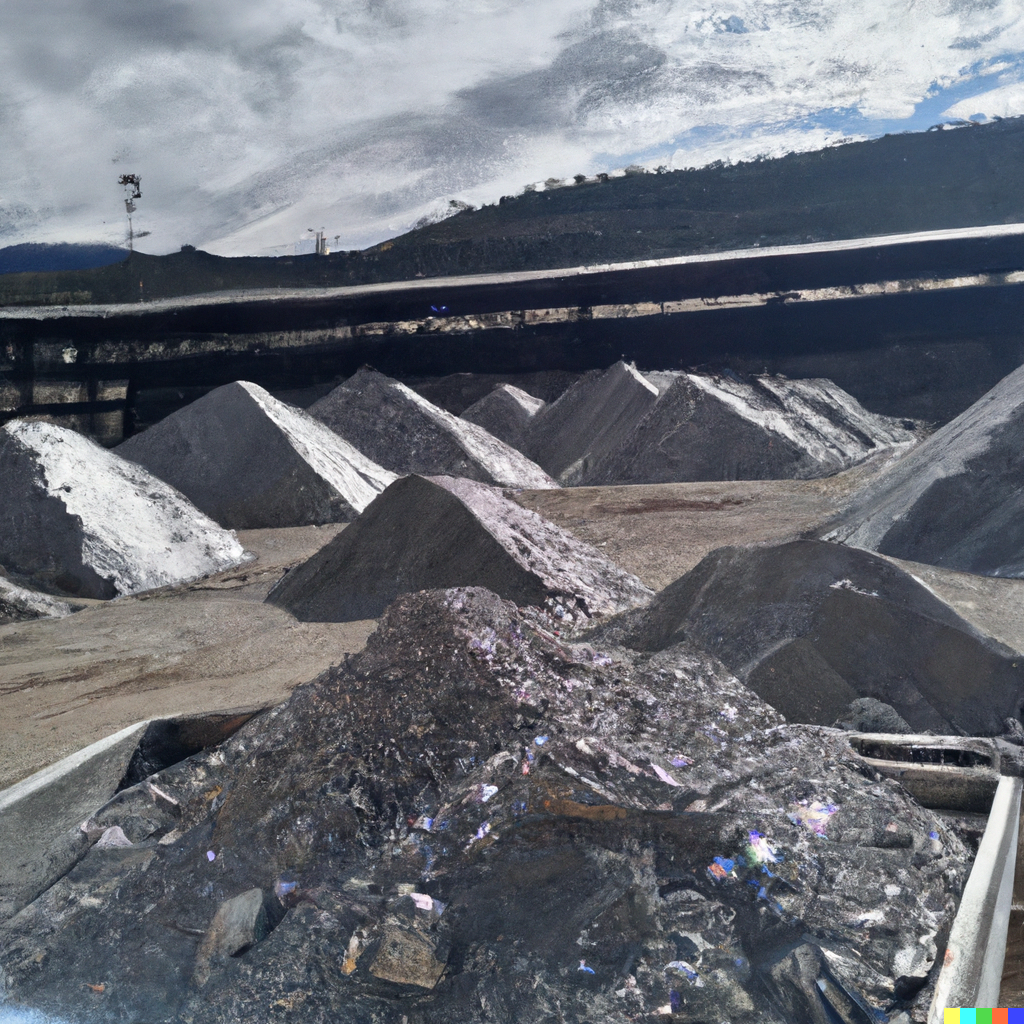Mineral Processing Engineering is a branch of engineering that deals with the physical and chemical processes used to extract minerals from ores. Some specializations in Mineral Processing Engineering are:
- Comminution: This specialization deals with the processes used to break down large pieces of ore into smaller fragments for further processing. This includes crushing, grinding, and milling.
- Flotation: This specialization deals with the process of separating valuable minerals from unwanted gangue minerals by using air bubbles to selectively adhere to the desired mineral particles.
- Hydrometallurgy: This specialization deals with the use of aqueous solutions to extract minerals from ores. It includes leaching, solvent extraction, precipitation, and electro-winning.
- Pyrometallurgy: This specialization deals with the use of high temperatures to extract metals from ores. It includes smelting, roasting, and refining.
- Mineralogy: This specialization deals with the identification and characterization of minerals and their properties. It includes mineral identification, mineral liberation analysis, and mineral processing simulation.
- Process Control: This specialization deals with the use of technology and automation to optimize mineral processing operations. It includes process modeling, instrumentation, and control system design.
Overall, mineral processing engineering offers a wide range of specializations, and each of these specializations plays a critical role in the efficient and effective extraction of minerals from ores.

Underground Mining Engineering is a branch of engineering that deals with the extraction of mineral resources from underground mines. Some specializations in Underground Mining Engineering include:
- Rock Mechanics: This specialization deals with the behavior of rocks in underground mines, including the stability of the mine structure, rock support design, and ground control.
- Ventilation: This specialization deals with the design, installation, and management of ventilation systems in underground mines to ensure adequate air quality and circulation.
- Mine Design and Planning: This specialization deals with the design and planning of underground mines, including the selection of appropriate mining methods, development of mining sequences, and optimization of production rates.
- Geotechnical Engineering: This specialization deals with the assessment of geological and geotechnical conditions in underground mines, including rock mass characterization, stability analysis, and ground support design.
- Mine Automation and Communication: This specialization deals with the use of automation and communication technologies in underground mines to improve safety, efficiency, and productivity.
- Mine Safety: This specialization deals with the implementation of safety measures and protocols to protect workers in underground mines from hazards such as gas, fire, and collapse.
Overall, underground mining engineering offers a diverse range of specializations, and each of these specializations plays a critical role in ensuring safe and efficient extraction of mineral resources from underground mines.

Surface Mining Engineering is a branch of engineering that deals with the extraction of mineral resources from the earth’s surface. Some specializations in Surface Mining Engineering include:
- Mine Planning and Design: This specialization deals with the design and planning of surface mines, including the selection of appropriate mining methods, optimization of production rates, and management of waste rock and overburden.
- Blasting: This specialization deals with the use of explosives to break and loosen rock for excavation, including the design and optimization of blast patterns, monitoring of blast performance, and management of blast-related safety hazards.
- Drilling: This specialization deals with the design and operation of drilling equipment used in surface mining, including drilling methods, drilling rig design, and drill bit selection.
- Heavy Equipment: This specialization deals with the operation and maintenance of heavy equipment used in surface mining, including haul trucks, excavators, and bulldozers.
- Materials Handling: This specialization deals with the design and management of materials handling systems used in surface mining, including conveyor systems, stockpiling and blending, and loading and unloading.
- Mine Reclamation: This specialization deals with the restoration and reclamation of surface mining sites after mining operations have ceased, including the closure of mining pits, re-vegetation of disturbed areas, and restoration of water quality.
Overall, surface mining engineering offers a wide range of specializations, and each of these specializations plays a critical role in the safe and efficient extraction of mineral resources from the earth’s surface.
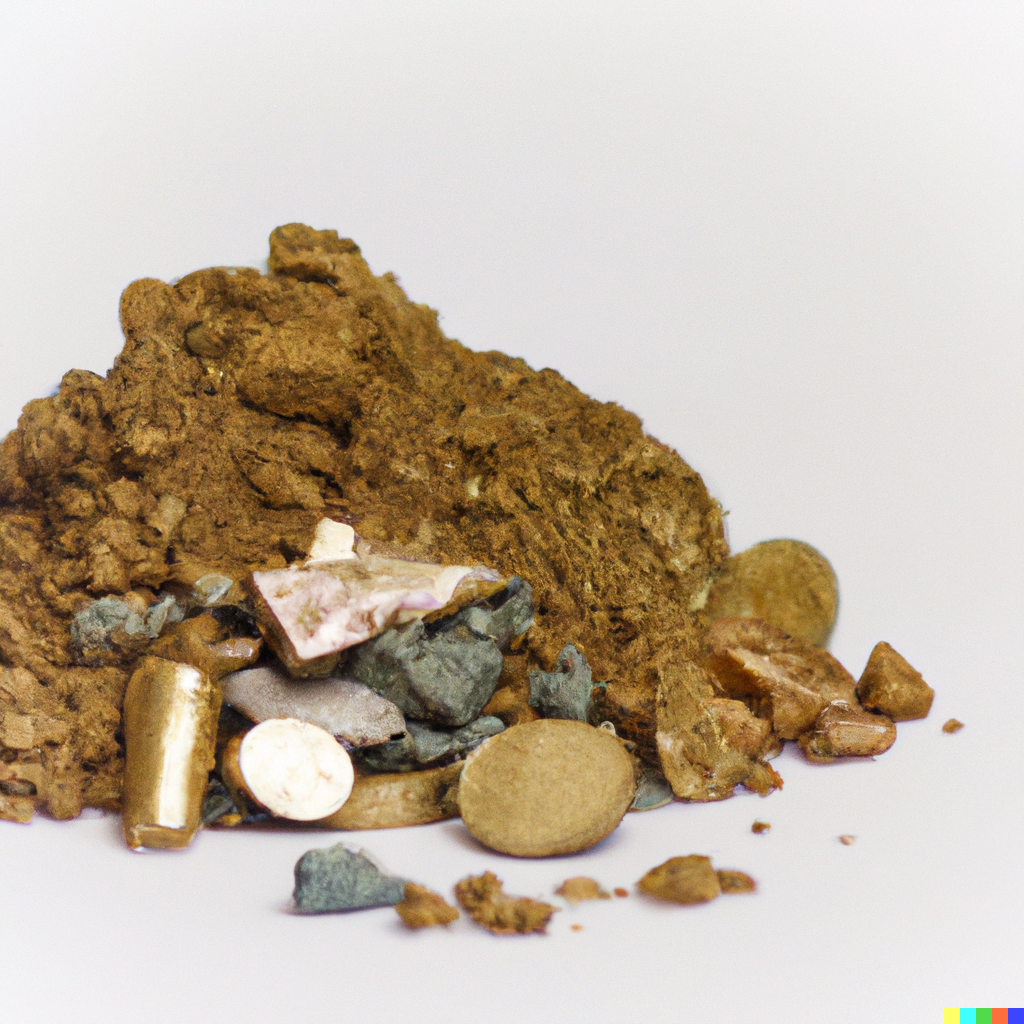
Mine Safety Engineering is a branch of engineering that deals with the design, implementation, and management of safety measures and protocols to protect workers in mining operations. Some specializations in Mine Safety Engineering include:
- Risk Assessment: This specialization deals with the identification, analysis, and management of safety risks in mining operations, including hazard identification, risk assessment, and risk management.
- Occupational Health and Safety: This specialization deals with the identification and management of safety hazards and risks associated with mining activities, including the development and implementation of safety policies and procedures, safety training, and safety equipment design and testing.
- Mine Emergency Response: This specialization deals with the development and implementation of emergency response plans and protocols for mining operations, including emergency evacuation plans, emergency communication systems, and response team training.
- Mine Rescue: This specialization deals with the development and implementation of mine rescue protocols and procedures, including the design and testing of rescue equipment, the training of rescue personnel, and the management of mine rescue operations.
- Mine Safety Regulations and Compliance: This specialization deals with the development and implementation of mine safety regulations and compliance requirements, including regulatory compliance audits, safety inspections, and compliance training.
- Human Factors and Ergonomics: This specialization deals with the study of human behavior and performance in mining operations, including the design of work environments and equipment to maximize safety, efficiency, and productivity.
Overall, mine safety engineering offers a diverse range of specializations, and each of these specializations plays a critical role in ensuring the safety and well-being of workers in mining operations.
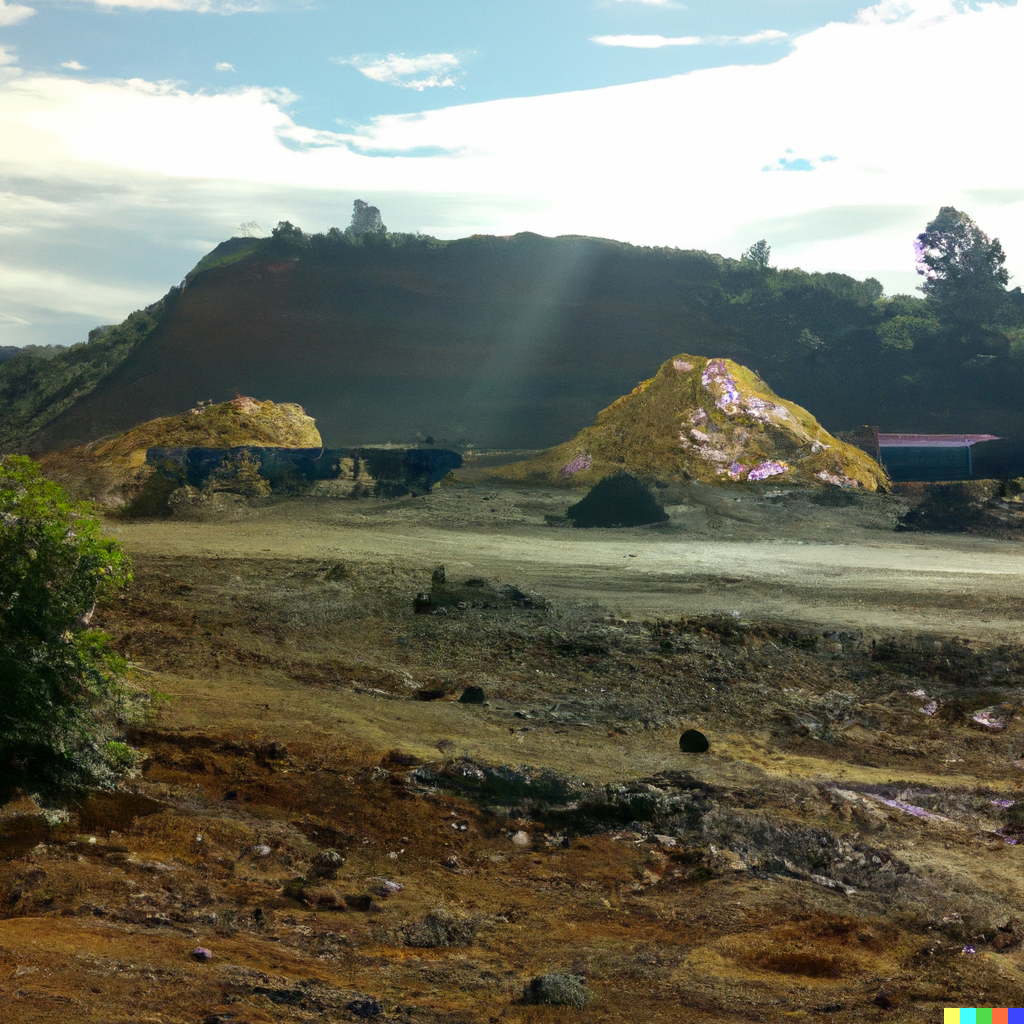
Mining Equipment Engineering is a branch of engineering that deals with the design, development, and maintenance of mining equipment. Some specializations in Mining Equipment Engineering include:
- Mechanical Engineering: This specialization deals with the design and development of mining equipment, including the design and optimization of machinery and equipment used in mining operations.
- Electrical Engineering: This specialization deals with the design and development of electrical systems used in mining equipment, including power distribution systems, control systems, and instrumentation.
- Control Engineering: This specialization deals with the design and development of control systems used in mining equipment, including automation and remote control systems, guidance and positioning systems, and communication systems.
- Material Handling Engineering: This specialization deals with the design and development of materials handling equipment used in mining operations, including conveyor systems, crushers, and screens.
- Safety Engineering: This specialization deals with the design and development of safety features and systems in mining equipment, including safety devices, warning systems, and emergency shutdown systems.
- Maintenance Engineering: This specialization deals with the development and implementation of maintenance plans and procedures for mining equipment, including equipment inspection, lubrication, and repair.
Overall, mining equipment engineering offers a wide range of specializations, and each of these specializations plays a critical role in ensuring the safe and efficient operation of mining equipment in mining operations.
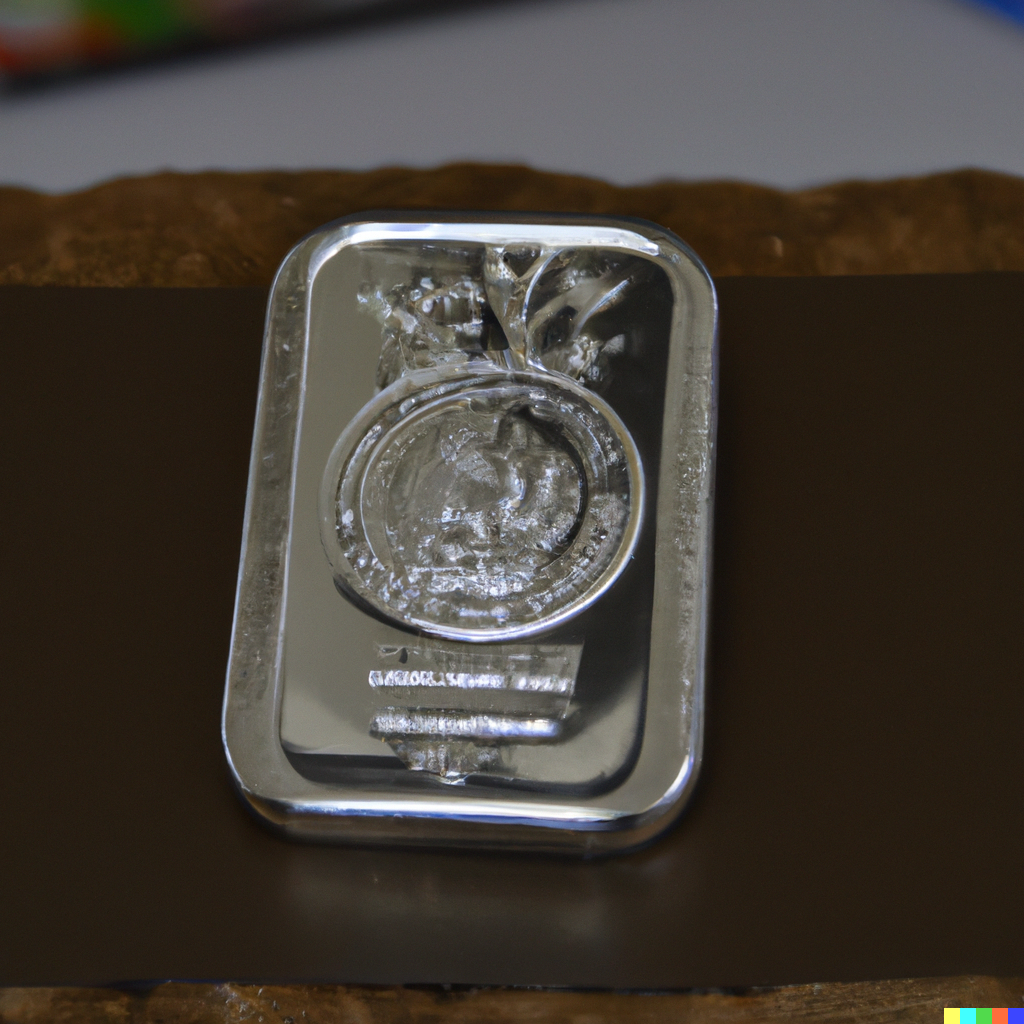
Mine Reclamation Engineering is a branch of engineering that deals with the restoration and reclamation of mining sites after mining operations have ceased. Some specializations in Mine Reclamation Engineering include:
- Environmental Engineering: This specialization deals with the assessment and management of environmental impacts associated with mining activities, including the design and implementation of measures to prevent or mitigate environmental damage.
- Soil Science: This specialization deals with the study of soil properties, including soil structure, composition, and fertility, and the development of soil restoration and reclamation techniques.
- Vegetation Science: This specialization deals with the study of plant growth and development and the design and implementation of revegetation plans for mining sites.
- Hydrology and Water Resources Engineering: This specialization deals with the management and protection of water resources associated with mining activities, including the design and implementation of water treatment and management systems.
- Geographic Information Systems (GIS): This specialization deals with the use of GIS technology to collect and analyze spatial data related to mining activities, including land use, topography, and vegetation cover, to inform mine reclamation planning and design.
- Land Use Planning: This specialization deals with the development and implementation of land use plans for mining sites, including land use zoning, infrastructure planning, and community engagement.
Overall, mine reclamation engineering offers a diverse range of specializations, and each of these specializations plays a critical role in the restoration and reclamation of mining sites, to ensure long-term environmental sustainability and community well-being.
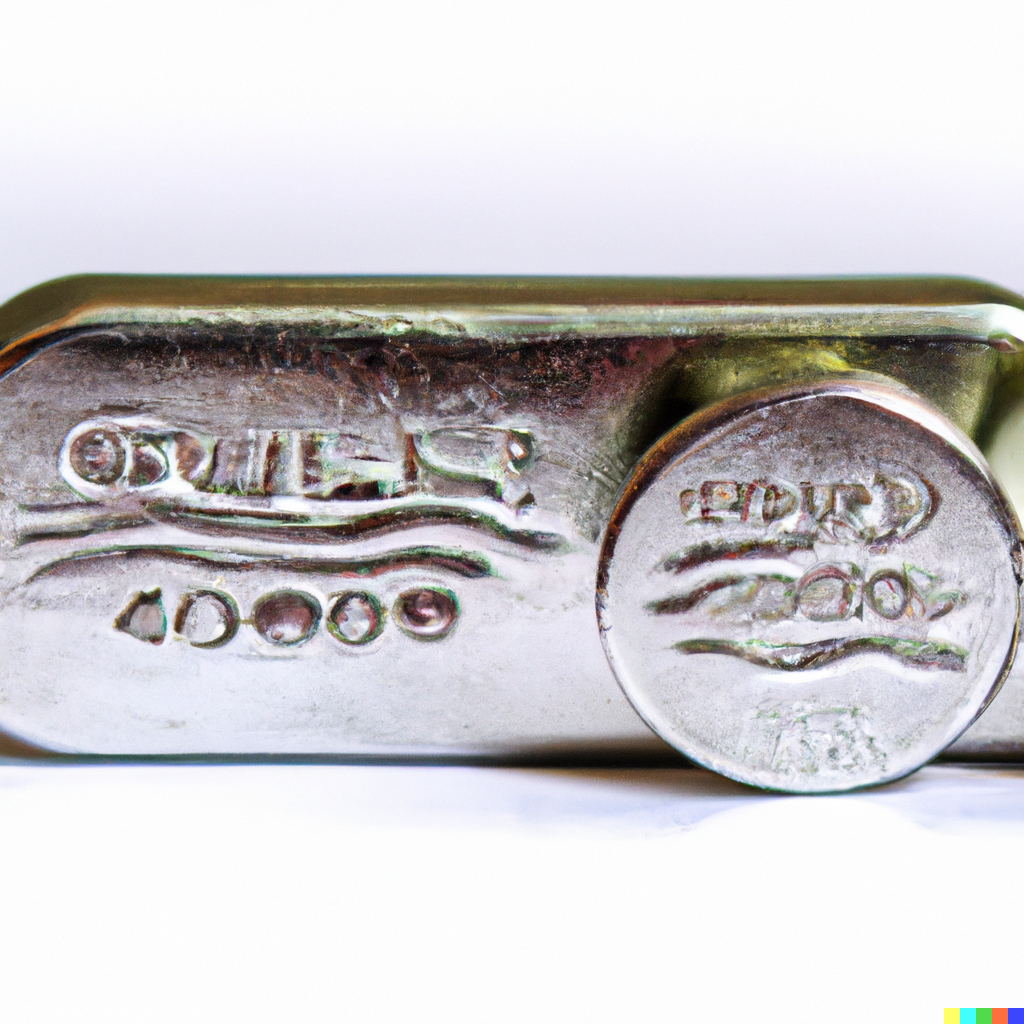
Mineral Economics is a branch of economics that deals with the management of mineral resources, including the extraction, processing, and marketing of minerals. Some specializations in Mineral Economics include:
- Mineral Resource Evaluation: This specialization deals with the evaluation of mineral resources, including the estimation of mineral reserves, resource valuation, and the assessment of exploration and production risks.
- Mineral Markets and Economics: This specialization deals with the analysis of mineral markets and the economic factors that influence the demand and supply of minerals, including pricing, market structure, and market forecasting.
- Mineral Policy and Governance: This specialization deals with the development and implementation of policies and governance frameworks for the management of mineral resources, including regulation, taxation, and environmental standards.
- Corporate Social Responsibility: This specialization deals with the development and implementation of corporate social responsibility programs for mining companies, including community engagement, social impact assessment, and sustainable development practices.
- Mineral Project Finance: This specialization deals with the financing of mineral projects, including the evaluation of project feasibility, financial modeling, and risk management.
- Sustainable Mining: This specialization deals with the development and implementation of sustainable mining practices, including environmental impact assessment, resource conservation, and the use of renewable energy sources.
Overall, mineral economics offers a wide range of specializations, and each of these specializations plays a critical role in the management of mineral resources, to ensure their sustainable development and efficient use.
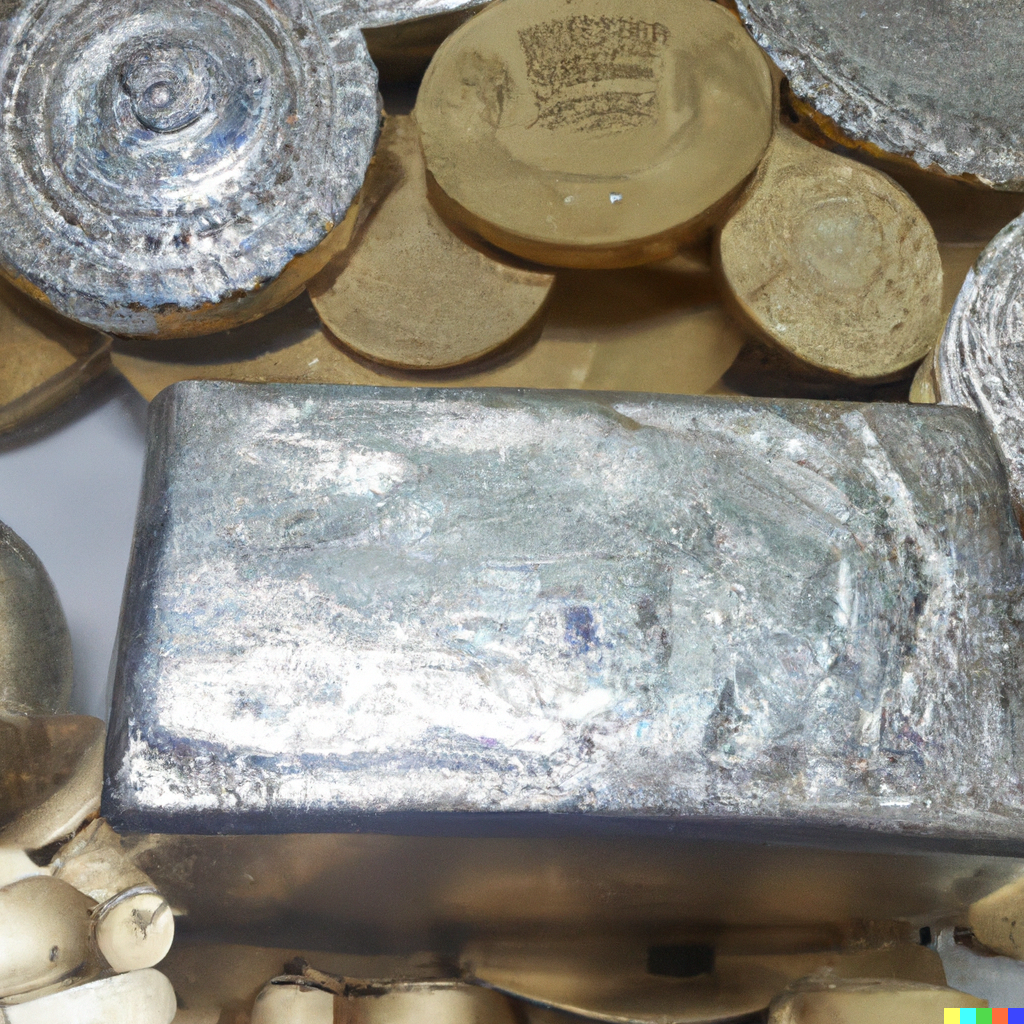
Geotechnical Engineering is a branch of engineering that deals with the study and application of the behavior of earth materials, including soils, rocks, and their interaction with structures and infrastructure. Some specializations in Geotechnical Engineering include:
- Foundation Engineering: This specialization deals with the design and analysis of foundations for structures, including shallow and deep foundations, pile foundations, and foundation settlement analysis.
- Earthquake Engineering: This specialization deals with the design and analysis of structures and infrastructure to resist the effects of earthquakes, including seismic hazard assessment, ground motion analysis, and seismic design of structures.
- Rock Mechanics: This specialization deals with the behavior of rocks and their interactions with underground structures, including stability analysis of slopes, tunnels, and caverns.
- Soil Dynamics: This specialization deals with the behavior of soils under dynamic loading, including the analysis of liquefaction and soil-structure interaction.
- Geosynthetics and Reinforced Soil Structures: This specialization deals with the design and analysis of geosynthetic materials and their use in soil reinforcement, slope stabilization, and retaining wall systems.
- Landfills and Waste Management: This specialization deals with the design and construction of landfills, including landfill liner systems, leachate collection systems, and landfill gas management.
Overall, geotechnical engineering offers a diverse range of specializations, and each of these specializations plays a critical role in the safe and efficient construction of infrastructure and management of natural resources.
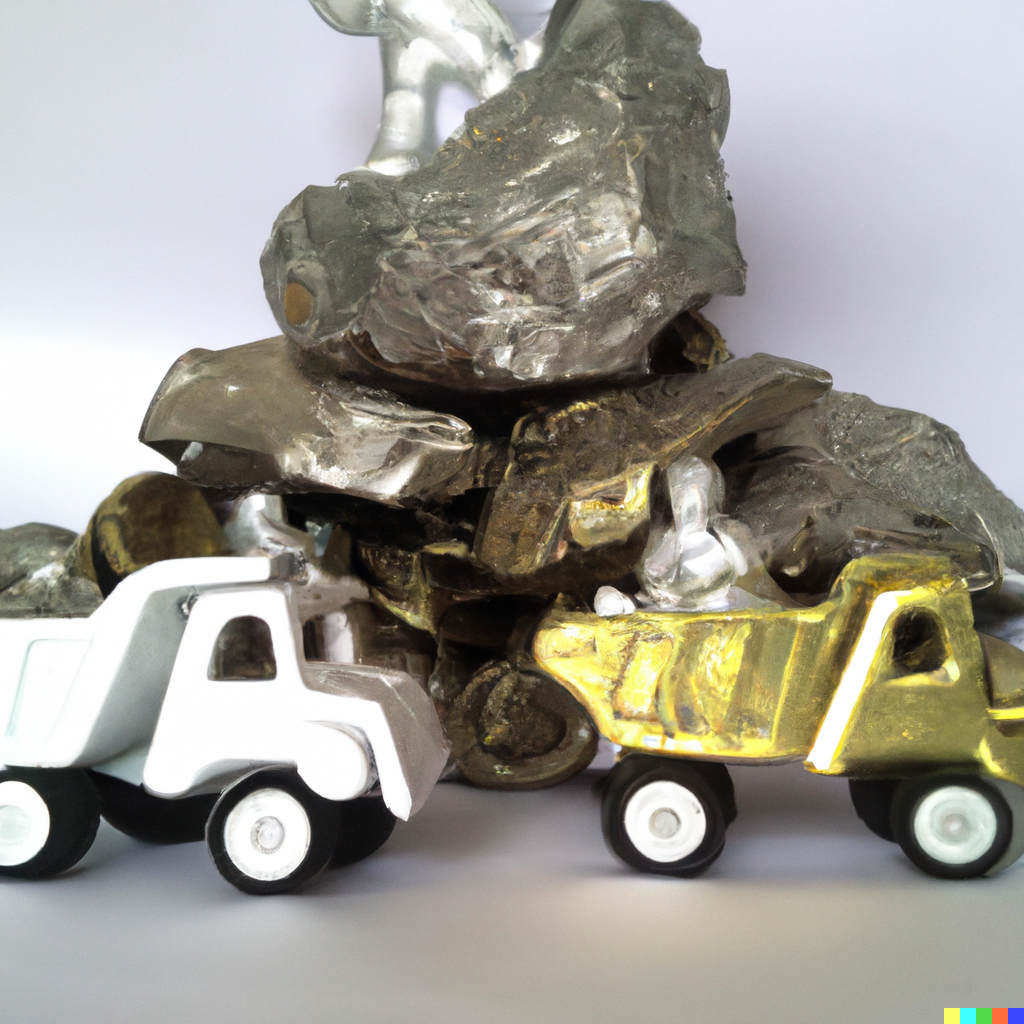
Mineral Economics is a field that focuses on the economic aspects of the mining industry. Some of the specializations in Mineral Economics include:
- Mineral resource evaluation: This specialization involves evaluating the potential of mineral resources, determining their quality and quantity, and analyzing their economic feasibility.
- Mineral project evaluation: This specialization involves analyzing and evaluating the economic viability of mining projects, including project economics, risk analysis, and financial modeling.
- Mineral market analysis: This specialization involves analyzing the market factors that affect the supply and demand of minerals, including pricing, market structure, and forecasting.
- Mineral policy and governance: This specialization involves developing and implementing policies and governance frameworks for the mining industry, including regulation, taxation, and environmental standards.
- Corporate social responsibility: This specialization involves developing and implementing social responsibility programs for mining companies, including community engagement, social impact assessment, and sustainable development practices.
- Mineral project finance: This specialization involves financing mining projects, including evaluating project feasibility, financial modeling, and risk management.
- Sustainable mining: This specialization involves developing and implementing sustainable mining practices, including environmental impact assessment, resource conservation, and the use of renewable energy sources.
Overall, Mineral Economics offers a broad range of specializations, and each of these specializations plays a critical role in the efficient and sustainable development of the mining industry.
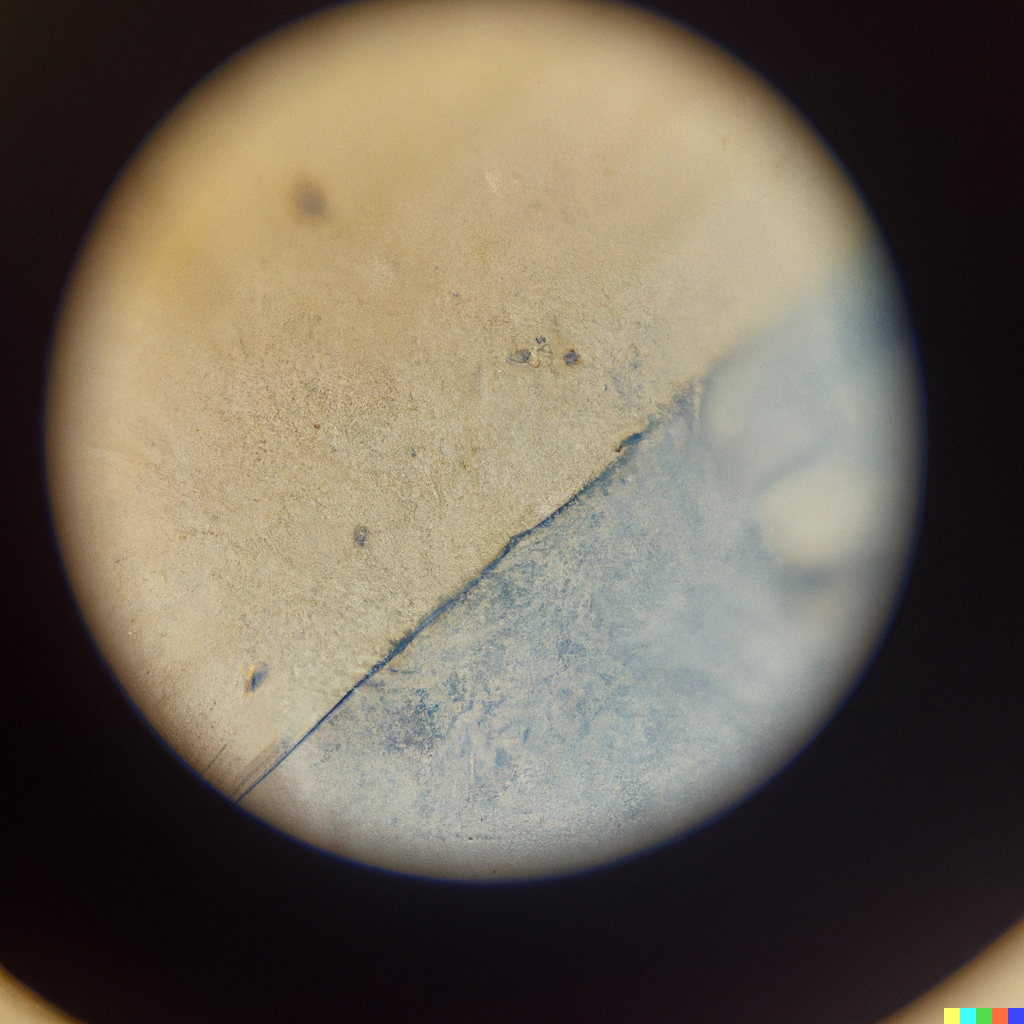
Geotechnical Engineering is a branch of civil engineering that deals with the study of soil, rocks, and their interaction with structures and infrastructure. Some specializations in Geotechnical Engineering include:
- Foundation Engineering: This specialization deals with the design and analysis of foundation systems for buildings, bridges, and other structures, including shallow and deep foundations, pile foundations, and foundation settlement analysis.
- Earthquake Engineering: This specialization deals with the analysis and design of structures and infrastructure to resist the effects of earthquakes, including seismic hazard assessment, ground motion analysis, and seismic design of structures.
- Rock Mechanics: This specialization deals with the behavior of rocks and their interactions with underground structures, including stability analysis of slopes, tunnels, and caverns.
- Soil Dynamics: This specialization deals with the behavior of soils under dynamic loading, including the analysis of liquefaction and soil-structure interaction.
- Geosynthetics and Reinforced Soil Structures: This specialization deals with the design and analysis of geosynthetic materials and their use in soil reinforcement, slope stabilization, and retaining wall systems.
- Geotechnical Instrumentation and Monitoring: This specialization deals with the design and installation of instrumentation and monitoring systems for measuring and evaluating the performance of geotechnical structures and infrastructure.
- Geotechnical Risk Management: This specialization deals with the assessment and management of geotechnical risks associated with natural and man-made hazards, including landslides, earthquakes, and climate change.
Overall, Geotechnical Engineering offers a diverse range of specializations, and each of these specializations plays a critical role in ensuring the safe and efficient construction of infrastructure and the management of natural resources.

Mine Surveying is a branch of surveying that deals with the measurement and mapping of underground and surface mines. Some specializations in Mine Surveying include:
- Geodetic Surveying: This specialization deals with the use of precise surveying instruments and techniques to measure distances, angles, and elevations in underground and surface mines.
- Photogrammetry: This specialization deals with the use of aerial and ground-based photography to create accurate maps of mine sites and the surrounding terrain.
- 3D Modeling and Visualization: This specialization deals with the use of computer modeling and visualization techniques to create detailed 3D representations of mine sites, including surface topography and underground workings.
- Mine Planning and Design: This specialization deals with the use of surveying data to plan and design underground and surface mines, including the development of mining sequences, location of ventilation systems, and positioning of mining equipment.
- Mine Safety and Risk Management: This specialization deals with the use of surveying data to identify and manage safety risks associated with mining operations, including the mapping of potential hazards and the design of mine emergency response plans.
- Mine Reclamation: This specialization deals with the use of surveying data to plan and design mine reclamation projects, including the restoration of mine sites to their original condition and the development of reclamation plans for the long-term management of the land.
Overall, mine surveying offers a range of specializations, and each of these specializations plays a critical role in ensuring the safe and efficient operation of mining operations, as well as the responsible management of natural resources.
















